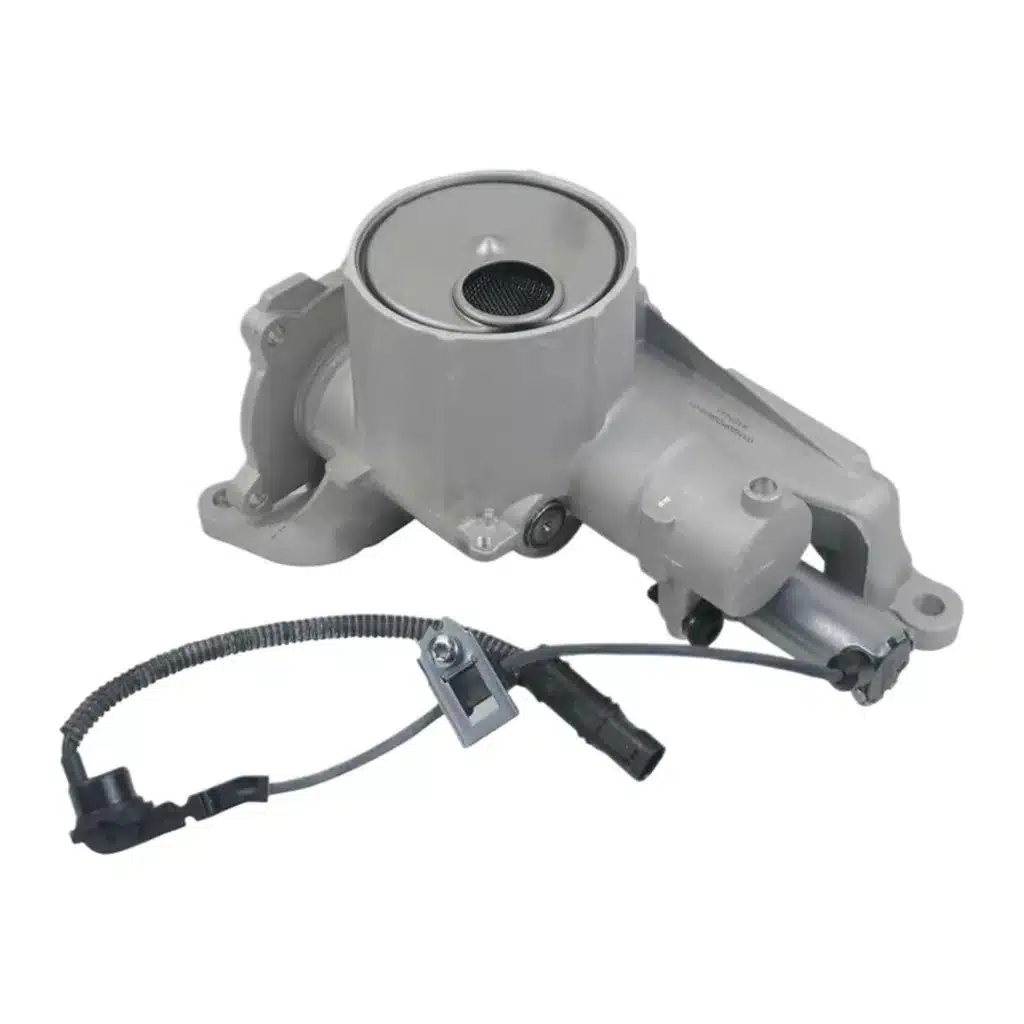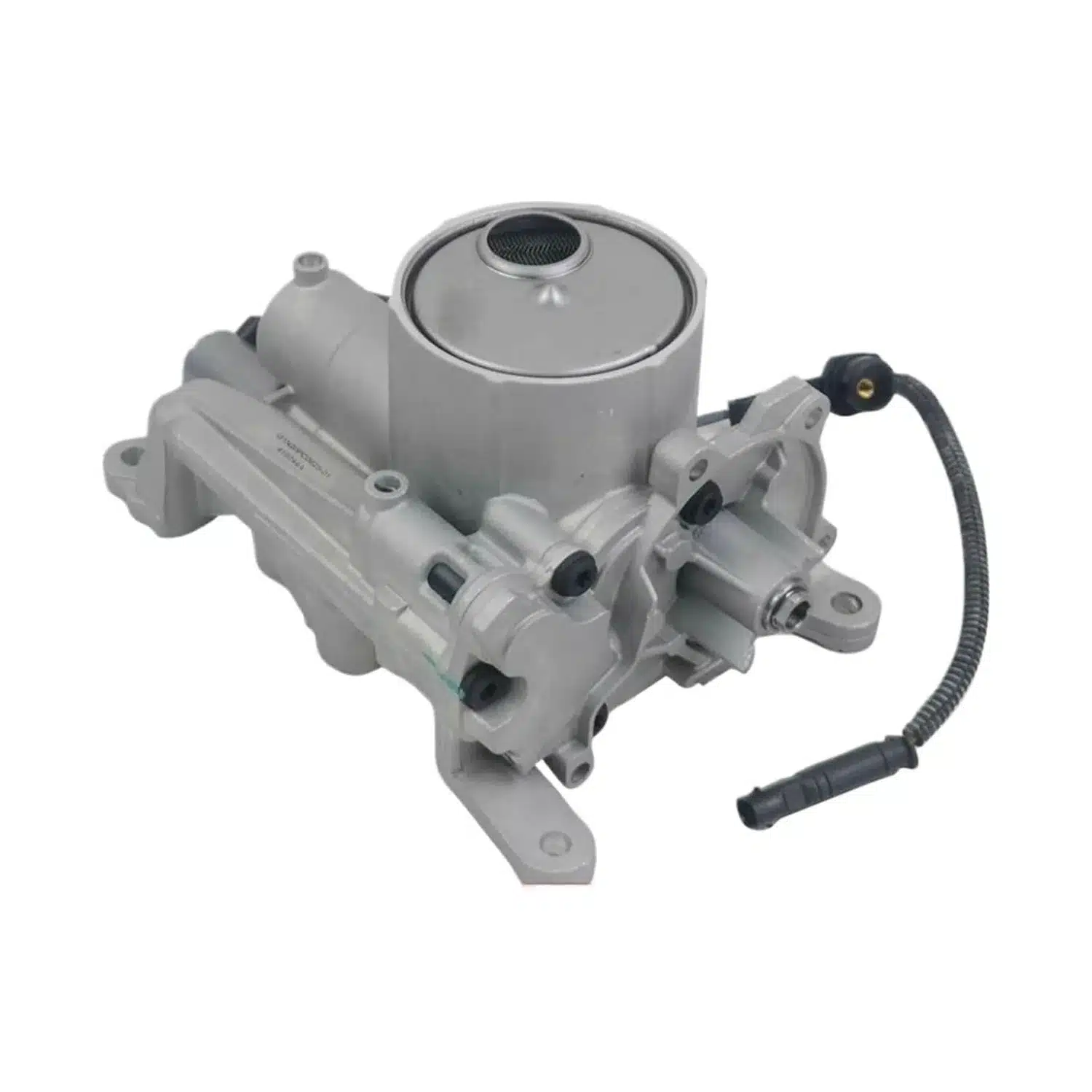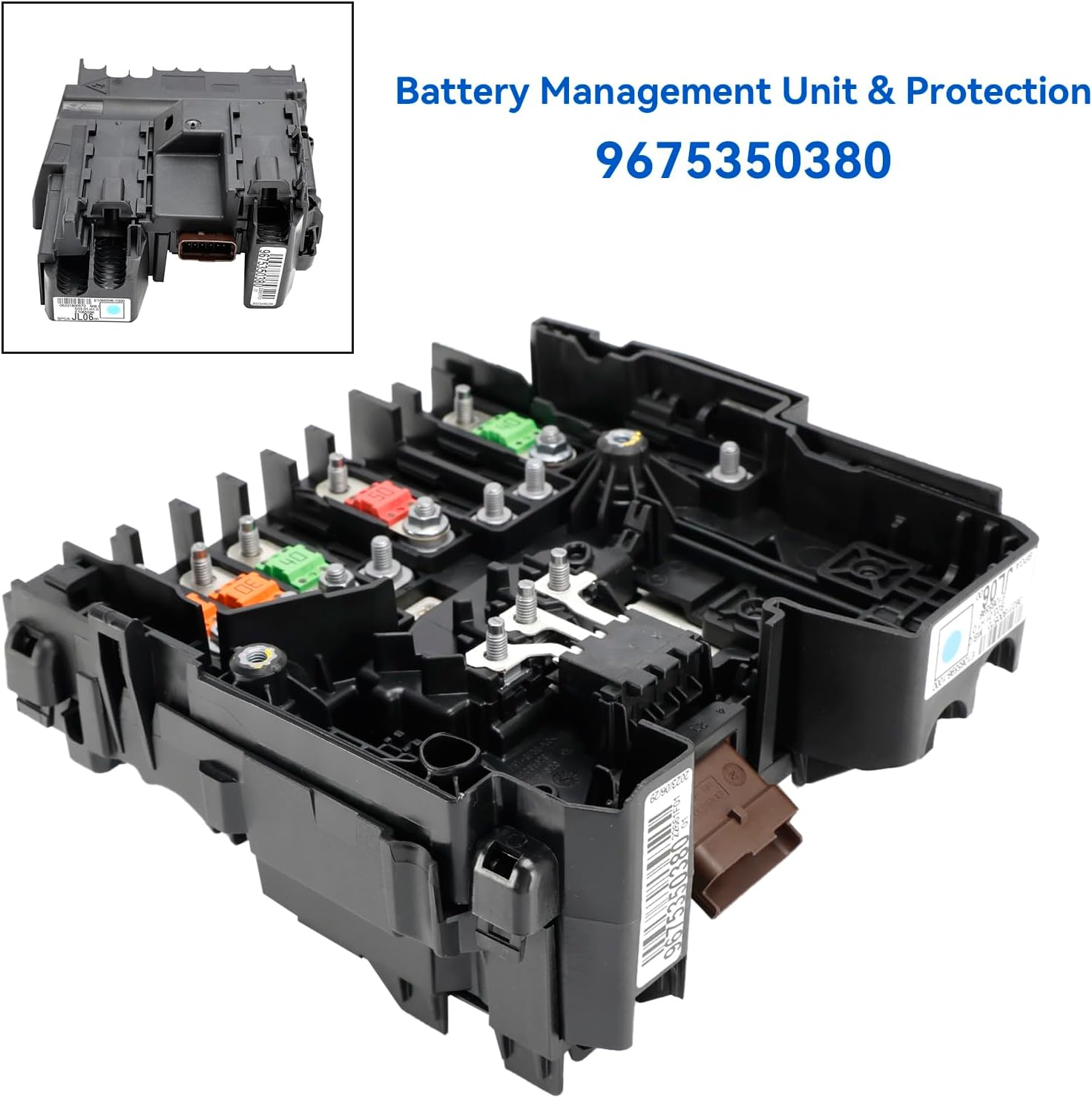Last Updated on 2025-06-23 by Car Parts Expert
Introduction: engine oil pump
The engine oil pump is a crucial component in an internal combustion engine, responsible for circulating oil throughout the engine to lubricate moving parts and reduce friction. In this article, we will delve into the workings of an engine oil pump, its importance in engine performance, and the key factors to consider when selecting and maintaining an oil pump.
Function of the Engine Oil Pump
The primary function of an engine oil pump is to draw oil from the oil pan and distribute it throughout the engine. The pump creates the necessary pressure to circulate oil to critical components such as the crankshaft, camshaft, pistons, and bearings. This lubrication is essential to reduce friction between moving parts, minimize wear and tear, and dissipate heat generated during engine operation.
Types of Engine Oil Pumps
There are two main types of engine oil pump: gear pumps and rotor/vane pumps. Gear pumps consist of two gears that rotate to create suction and draw oil into the pump. These pumps are simple in design and reliable, making them common in many engines. Rotor/vane pumps, on the other hand, use a rotor with vanes that sweep oil and create pressure. They are more efficient but also more complex and expensive.
Factors to Consider When Selecting an Engine Oil Pump
When selecting an engine oil pump, several factors must be taken into account to ensure optimal performance and durability. These include:
1. Oil viscosity:
The pump must be compatible with the viscosity of the oil used in the engine to ensure proper circulation.
2. Pump capacity:
The pump should be capable of providing sufficient oil flow to lubricate all critical components effectively.
3. Operating temperature:
The pump must be able to withstand high operating temperatures without compromising performance.
4. Material:
The pump should be made of high-quality materials that can withstand the stress and pressure of engine operation

Importance of Proper Maintenance
Proper maintenance of the engine oil pump is essential to ensure its longevity and performance. Regular oil changes are critical to prevent the build-up of debris and contaminants that can clog the pump and reduce its efficiency. Inspecting the pump for signs of wear, leaks, or damage is also important to address any issues early and prevent costly repairs or engine damage.
Common Issues with Engine Oil Pumps
Engine oil pumps can experience several issues that impact their performance, including:
1. Low oil pressure:
This can be caused by a failing pump, worn bearings, or a clogged oil filter.
2. Oil leaks:
Leaks in the pump or oil lines can result in a loss of oil pressure and lubrication.
3. Pump noise:
Excessive noise coming from the pump may indicate worn gears or bearings that need to be replaced.
Car parts:engine oil pump
The engine oil pump plays a vital role in the proper functioning of an internal combustion engine by providing the necessary lubrication to critical components. Understanding the function, types, selection criteria, and maintenance of oil pumps is essential for ensuring engine performance and longevity. By addressing common issues promptly and maintaining the pump regularly, engine owners can enjoy smooth operation and extended engine life.
Any question pls contact Shany Whatsapp +86 18902611680








